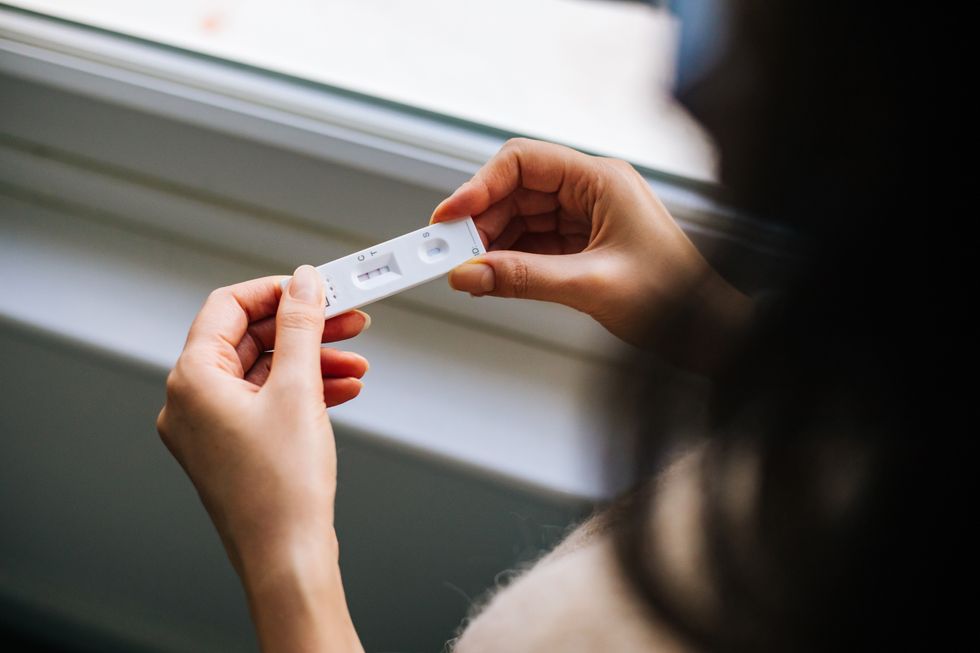Top NHS doctor shares nine new Covid variant symptoms as hospitalisations exceed last winter

Common symptoms include fever, cough, fatigue and loss of smell, according to an NHS doctor
|Getty Images

Doctors recommend self-isolating and using over-the-counter treatments if you are experiencing these symptoms
Don't Miss
Most Read
Latest
An NHS doctor has revealed the symptoms associated with the new Covid variants as the number of Covid cases requiring hospitalisation exceeds levels seen last winter.
In the week to June 30, there were 443 people admitted to hospital with “acute” Covid-related symptoms, up from 418 during the previous week, according to the latest weekly figures from Public Health Scotland (PHS).
In contrast, last winter's wave crested at 388.
The FLiRT variants and LB.1 strain are thought to be behind the surge in hospitalisations. The FLiRT family includes KP.1, KP.2 and KP.3. They are subvariants of Omicron.
The variants descend from JN.1 - the dominant variant at the start of this year.
The LB.1 strain is similar to the FLiRT variants but with an additional mutation.

The FLiRT variants and LB.1 strain are thought to be behind the surge in hospitalisations
|Getty Images
The symptoms to spot
The symptoms of the FLiRT and LB.1 variants are similar to those of earlier Covid-19 strains, according to Doctor Mariyam Malik, an NHS and private GP at Pall Mall Medical Malik.
These include:
- Fever
- Cough
- Fatigue
- Loss of taste or smell
- Sore throat
- Muscle or body aches
- Shortness of breath
- Headache
- Runny nose
Eagle-eyed allergy sufferers may notice that many of the above symptoms overlap with hay fever.
GB News previously reported that the best way to differentiate between the two is to get tested.
According to Doctor Malik, people infected with the FLiRT and LB.1 variants "typically test positive on standard PCR tests".
Rapid antigen tests also known as lateral flow tests can also detect these variants, the doc notes, adding that their "sensitivity might vary”.
Stop the spread
It is also incumbent on us all to prevent the spread of Covid-19.
"It is crucial to stay up to date with vaccinations and boosters,” noted Doctor Malik.
“Regular hand-washing helps prevent the spread of the virus."
LATEST DEVELOPMENTS

People infected with the FLiRT and LB.1 variants "typically test positive on standard PCR tests
| GettyAre we in a summer wave?
The numbers are on a "slight upward trend" but a summer wave is unlikely as we are starting from a "pretty low base", a UKHSA spokesman tells GB News.
Unlike previous waves, testing is much more limited so there's a lot of "noise" in the data, he says.
Although KP.3 and the other FLiRT strains appear to have a "small growth advantage" over JN.1, this is not translating into increased severity and hospitalisations, the UKHSA spokesman adds.
He acknowledges that it's difficult to compare the severity and immune escape transmissibility of variants today with earlier waves because the situation is now markedly different thanks to both natural and vaccine-induced immunity.
But the main takeaway is that no single variant is taking over in a "big way". The infectious disease expert says there's much more fragmentation nowadays, with multiple variants vying for supremacy.










